AI Custom Product Development: Why Every Product Manager Needs to Upgrade to AI
Discover how AI-powered custom product development is transforming product management. Learn why upgrading to AI is critical for innovation, efficiency, and staying competitive.
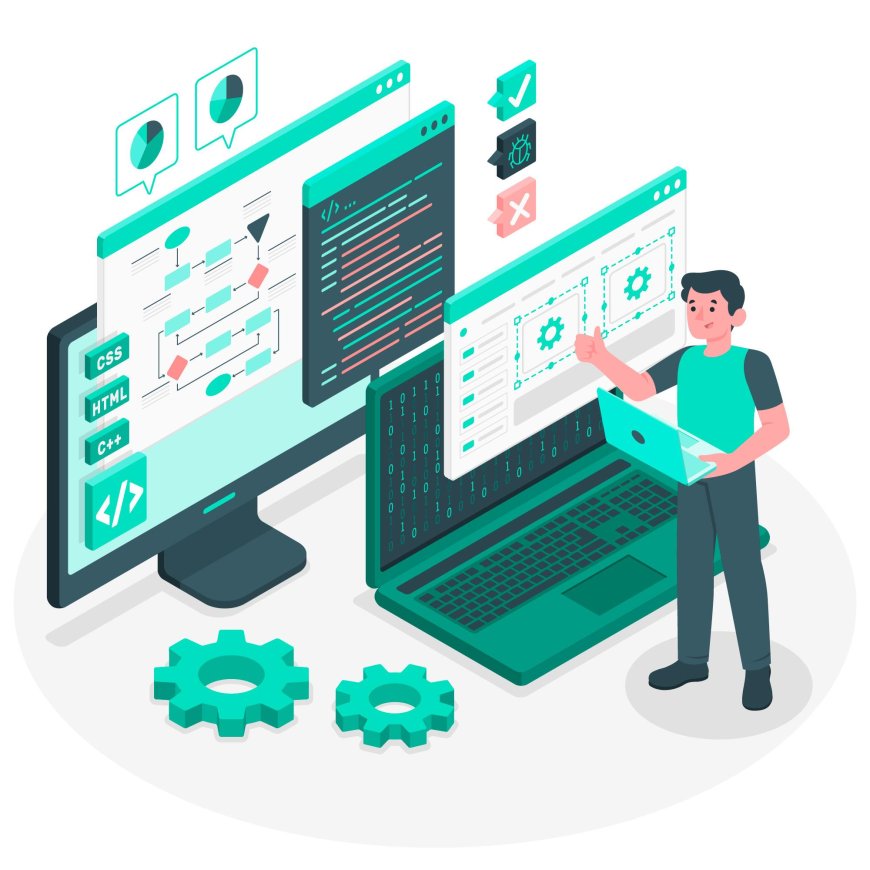
In today's rapidly evolving digital landscape, Artificial Intelligence (AI) is not just a buzzword—it's a game-changer. From eCommerce to healthcare, and finance to manufacturing, businesses are integrating AI into their product strategies to unlock unprecedented growth, efficiency, and innovation. At Kanhasoft, we understand the pivotal role AI plays in custom product development, and we help businesses harness its full potential.
For product managers, the integration of AI into product development is no longer optional—it's essential. Here's why.
The Shift from Traditional to AI-Powered Product Development
Traditional product development relies heavily on manual processes, assumptions, and historical data. While this approach has worked in the past, it is increasingly inadequate in addressing today's complex, data-driven markets. AI transforms this process by enabling automation, predictive analytics, real-time decision-making, and hyper-personalization.
Key Advantages of AI-Driven Product Development:
- Faster Time to Market: AI streamlines workflows by automating repetitive tasks, reducing development cycles.
- Data-Driven Decisions: AI provides insights based on real-time data, reducing guesswork.
- Improved User Experience: Personalized recommendations and adaptive interfaces boost engagement.
- Cost Efficiency: By optimizing processes and reducing errors, AI lowers development costs.
Why Product Managers Must Embrace AI
Product managers are at the heart of innovation, strategy, and execution. With increasing customer demands and rising competition, they need tools that empower them to make faster, smarter, and more impactful decisions. AI is that tool.
1. Enhanced Decision-Making with Predictive Analytics
AI can analyze vast datasets to uncover patterns and predict future trends. This means product managers can make proactive decisions about feature enhancements, market positioning, and customer needs before problems arise.
2. Automating Routine Tasks
Product managers often get bogged down in day-to-day operations. AI-driven tools can automate tasks like roadmap updates, KPI tracking, and competitor analysis—freeing up time for strategic thinking.
3. Personalized User Experiences
AI enables custom user journeys by analyzing user behaviour. This level of personalization helps in building products that resonate deeply with target audiences, improving retention and satisfaction.
4. Optimized Resource Allocation
AI can forecast project timelines, resource needs, and budget requirements. This helps in smarter allocation and prevents bottlenecks.
Real-World Use Cases
At Kanhasoft, we've seen AI transform industries. Here are a few examples:
Healthcare Platform Optimization
We developed an AI-based health management platform that used predictive modeling to identify patient risks, automate appointment scheduling, and recommend personalized treatment plans. The result? A 35% improvement in patient engagement and reduced no-show rates.
eCommerce Recommendation Engines
An AI engine we built for an eCommerce client analyzed user behavior to offer personalized product suggestions. This led to a 28% increase in average order value and a 40% boost in conversion rates.
Intelligent ERP for Manufacturing
Our custom ERP solution integrated AI for real-time monitoring of inventory, predictive maintenance of machinery, and demand forecasting—saving the client over 20% in operational costs annually.
Steps to Implement AI in Product Development
If you're ready to embrace AI in your product strategy, here are the essential steps:
1. Identify Use Cases
Start by identifying areas where AI can have the most impact—be it customer support, analytics, recommendation systems, or process automation.
2. Choose the Right Tools & Partners
Collaborate with an experienced development partner like Kanhasoft. We help in identifying the right AI models, technologies, and platforms suited to your goals.
3. Data Strategy
Ensure you have access to clean, relevant, and sufficient data. AI thrives on data, and without it, results will be suboptimal.
4. Prototype & Test
Build MVPs (Minimum Viable Products) to test your AI implementation before scaling. AI-Enabled Knowledge Base Solutions helps mitigate risks and gather feedback.
5. Monitor & Evolve
AI systems require ongoing training and optimization. Continuously monitor performance metrics and user feedback to improve outcomes.
Challenges & How to Overcome Them
Data Privacy & Ethics
Ensure your AI systems are compliant with regulations like GDPR. Transparency and user consent are critical.
Skill Gaps
AI adoption requires specialized skills. Partnering with a tech expert like Kanhasoft can bridge that gap.
Integration Issues
Legacy systems can be a bottleneck. Use APIs and microservices architecture to integrate AI without disrupting existing workflows.
Why Choose Kanhasoft for AI Custom Product Development?
At Kanhasoft, we bring years of experience in AI, ML, and custom software development. We don’t just build solutions—we build partnerships. Our team of developers, data scientists, and project managers collaborate closely with clients to deliver tailor-made AI-powered solutions that drive tangible results.
What We Offer:
- AI/ML development and integration
- End-to-end product development
- Scalable architecture
- Post-launch support & optimization
Final Thoughts
AI is no longer a future trend—it's today's necessity. For product managers looking to future-proof their offerings, integrating AI into custom product development is not a luxury but a strategic imperative. From improving operational efficiency to creating superior user experiences, the potential is limitless.
Partner with Kanhasoft to bring AI into the heart of your product strategy and transform how you innovate.


























































































































































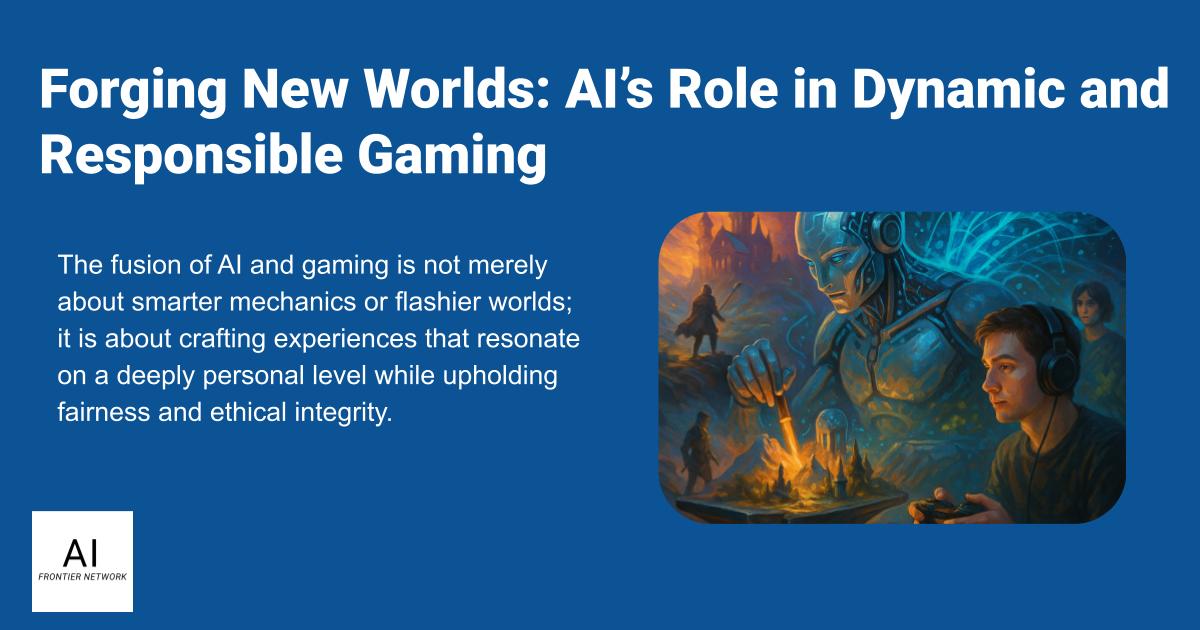
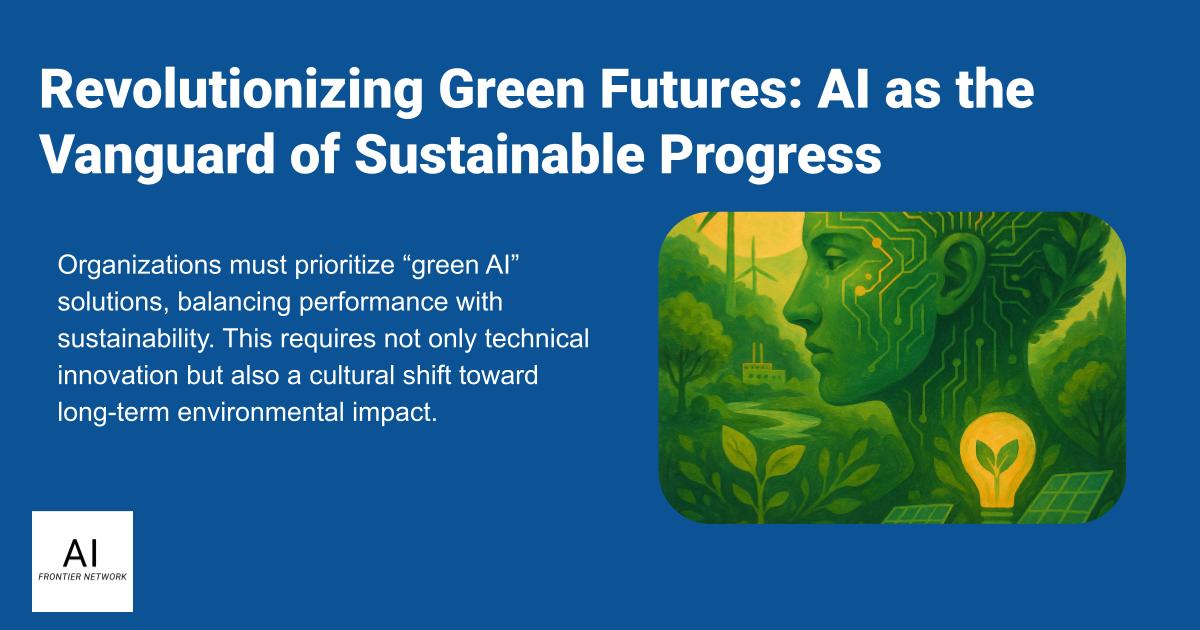
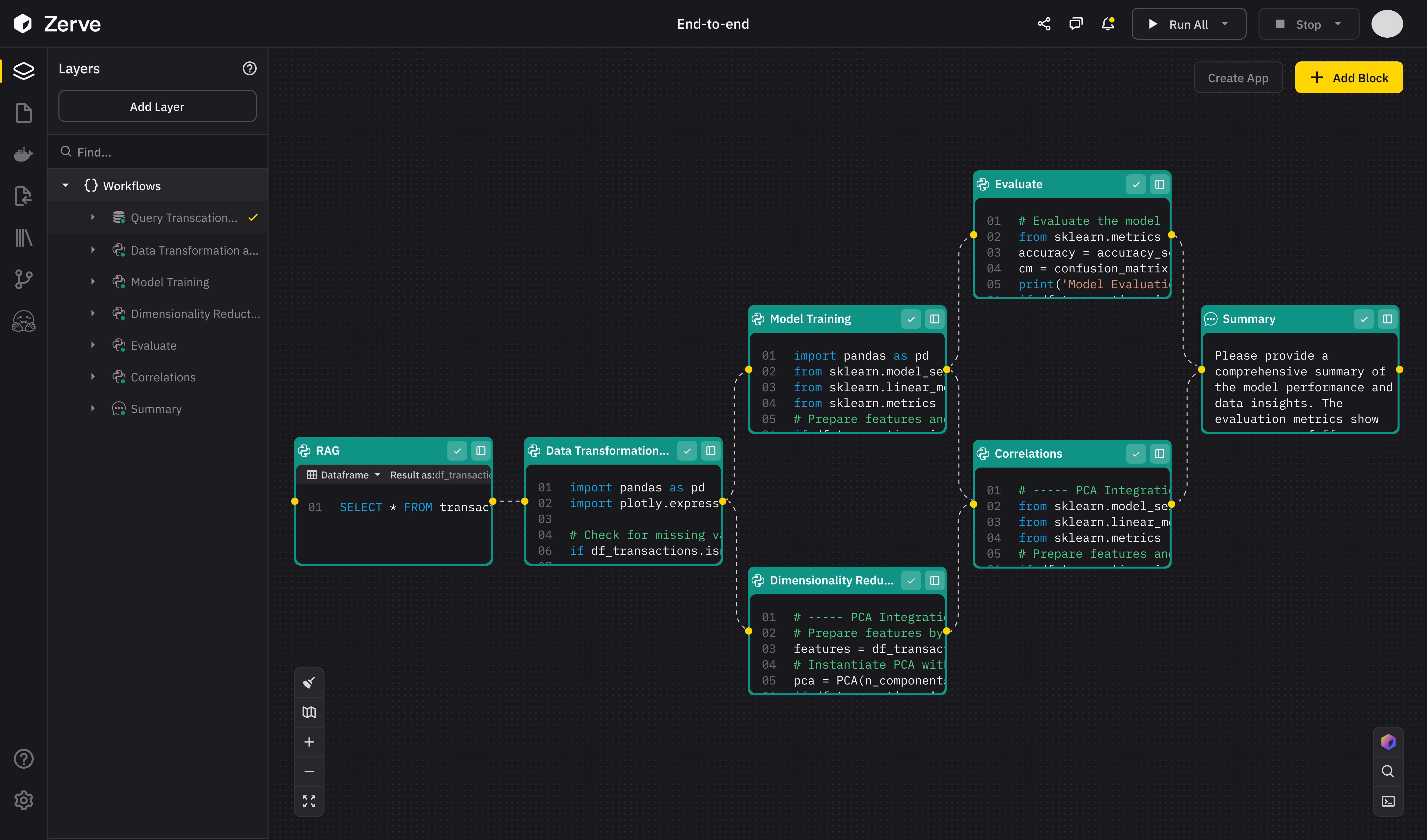
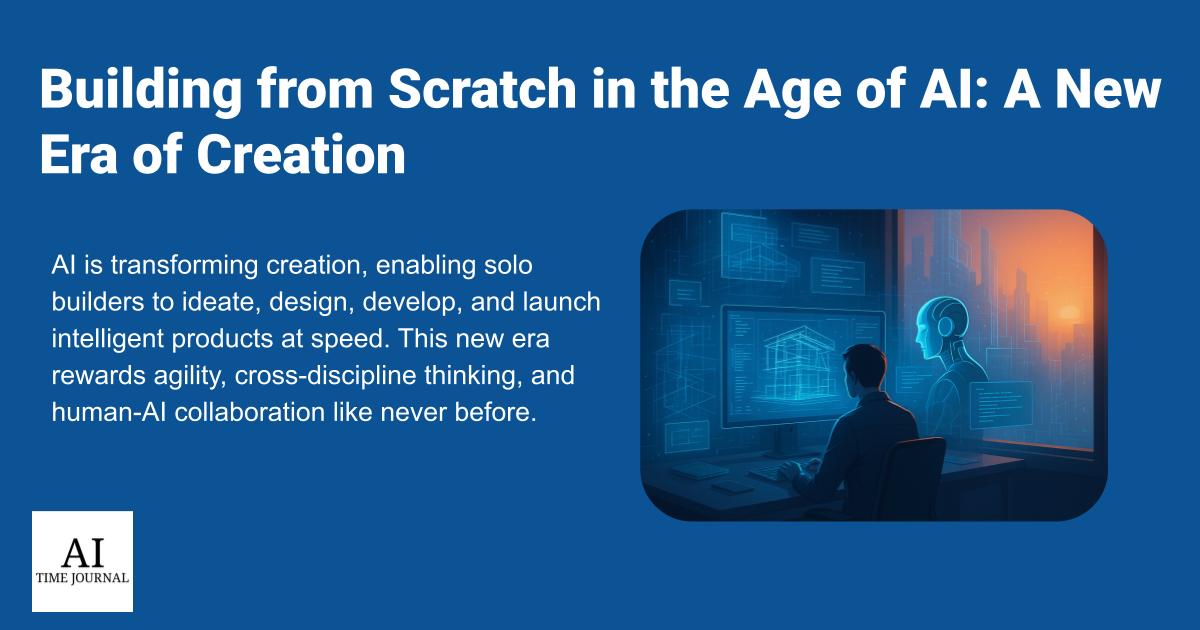












![[The AI Show Episode 147]: OpenAI Abandons For-Profit Plan, AI College Cheating Epidemic, Apple Says AI Will Replace Search Engines & HubSpot’s AI-First Scorecard](https://www.marketingaiinstitute.com/hubfs/ep%20147%20cover.png)


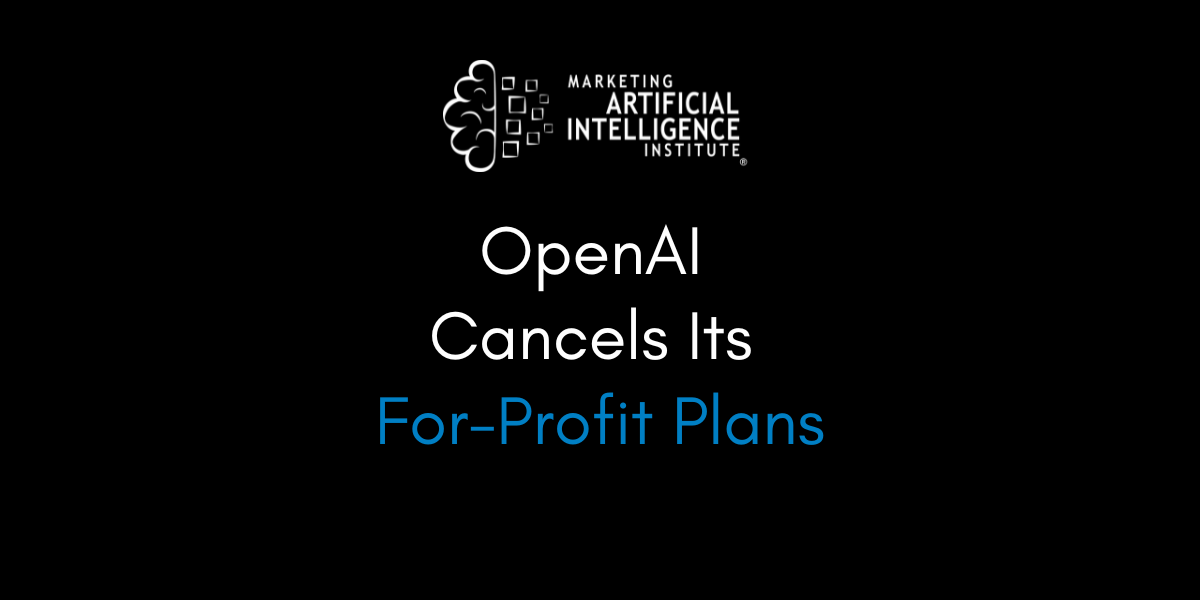






















![How to Enable Remote Access on Windows 10 [Allow RDP]](https://bigdataanalyticsnews.com/wp-content/uploads/2025/05/remote-access-windows.jpg)












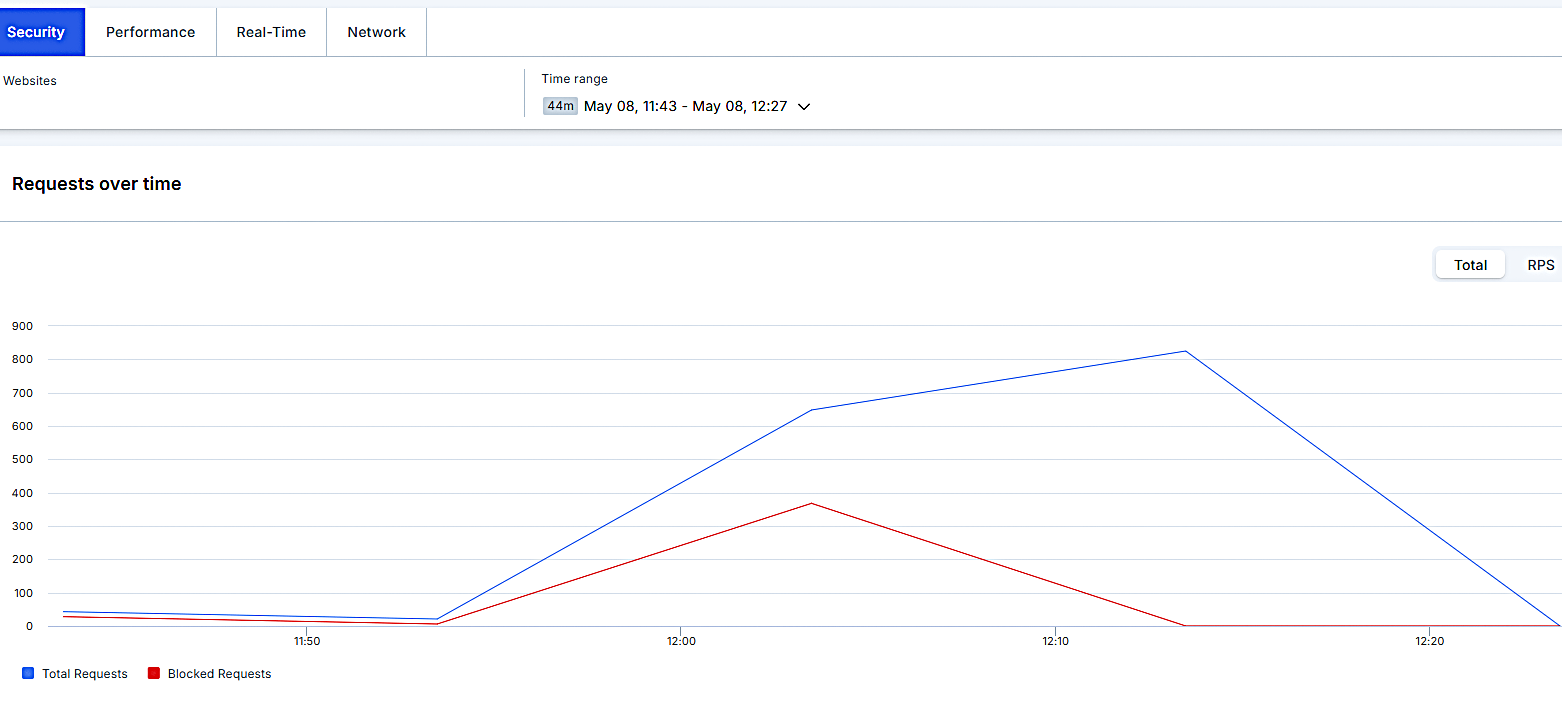




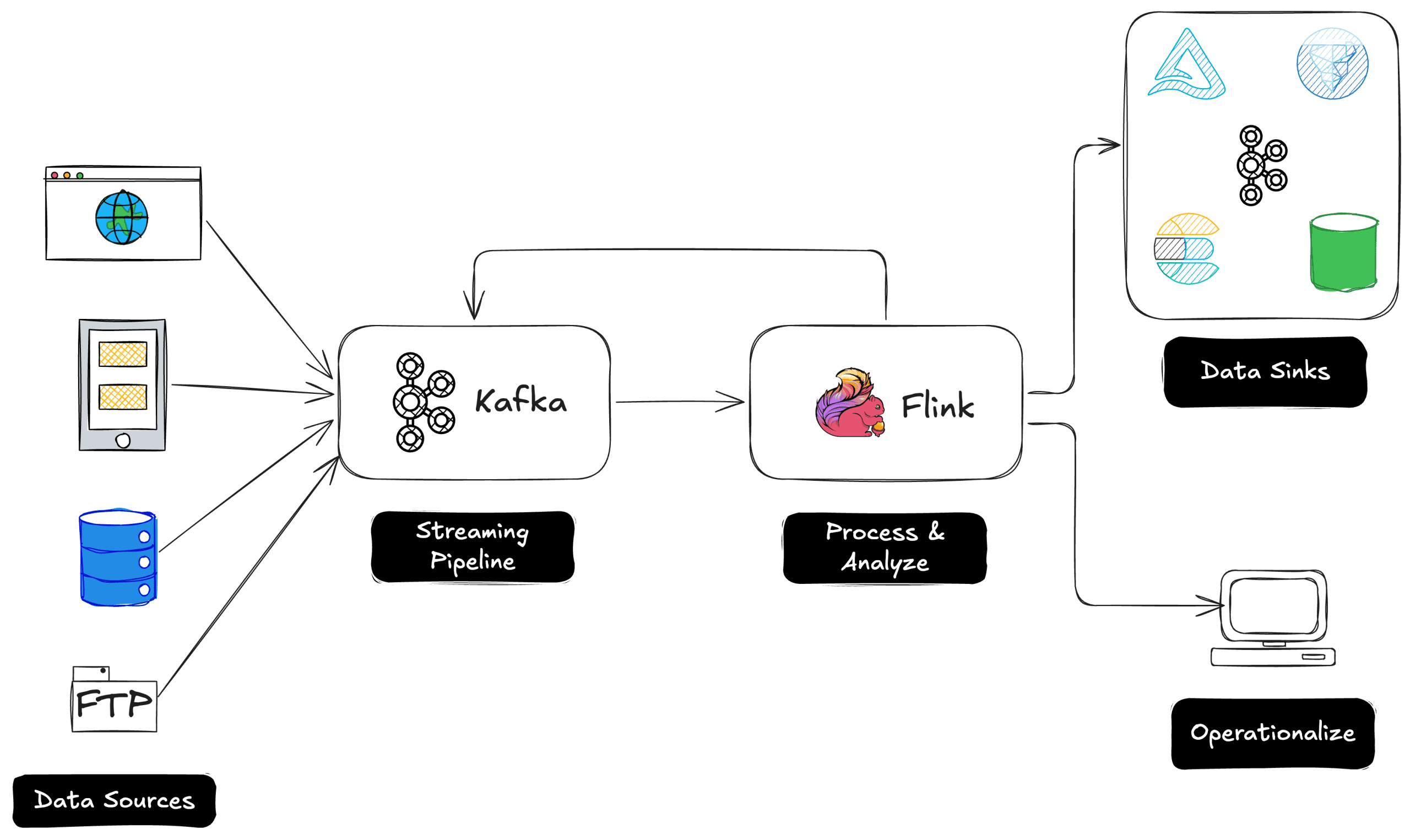














































































![[DEALS] The 2025 Ultimate GenAI Masterclass Bundle (87% off) & Other Deals Up To 98% Off – Offers End Soon!](https://www.javacodegeeks.com/wp-content/uploads/2012/12/jcg-logo.jpg)








































































![Legends Reborn tier list of best heroes for each class [May 2025]](https://media.pocketgamer.com/artwork/na-33360-1656320479/pg-magnum-quest-fi-1.jpeg?#)
































































-Olekcii_Mach_Alamy.jpg?width=1280&auto=webp&quality=80&disable=upscale#)

_Brian_Jackson_Alamy.jpg?width=1280&auto=webp&quality=80&disable=upscale#)






















































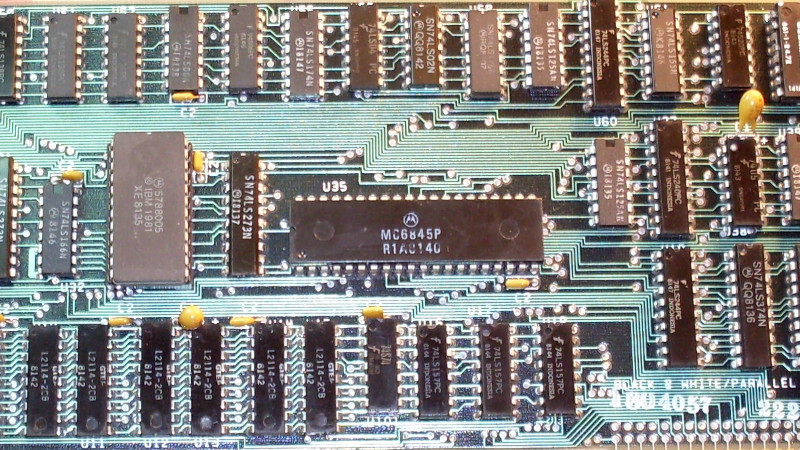

























































![Watch Aston Martin and Top Gear Show Off Apple CarPlay Ultra [Video]](https://www.iclarified.com/images/news/97336/97336/97336-640.jpg)

![Trump Tells Cook to Stop Building iPhones in India and Build in the U.S. Instead [Video]](https://www.iclarified.com/images/news/97329/97329/97329-640.jpg)



































































































